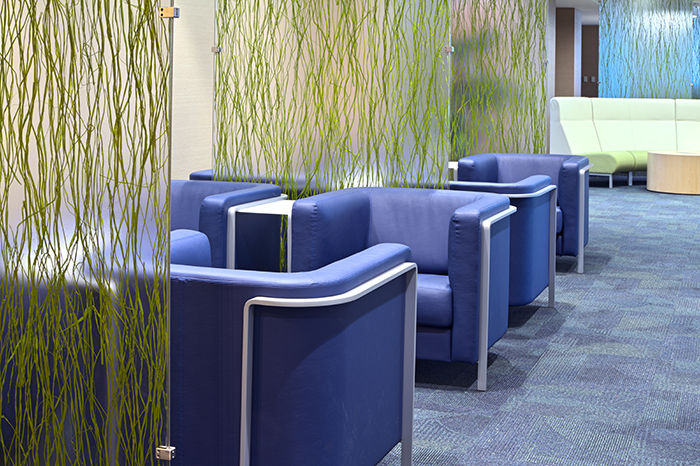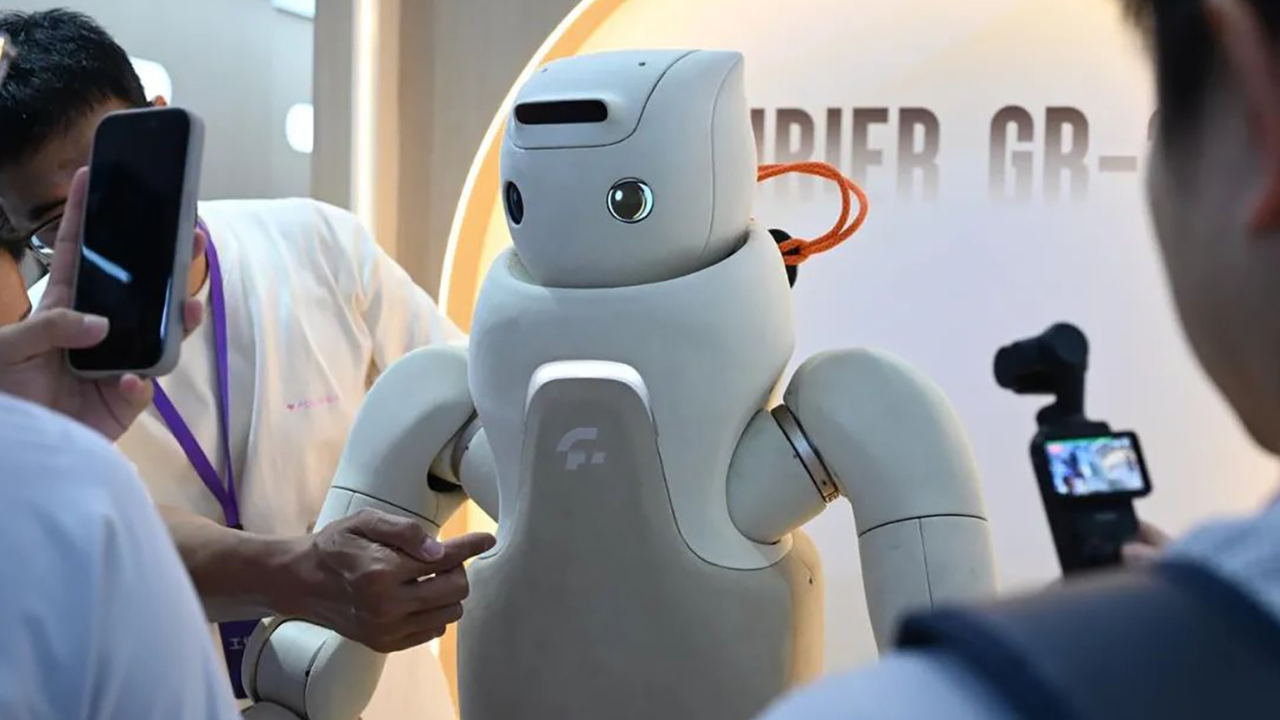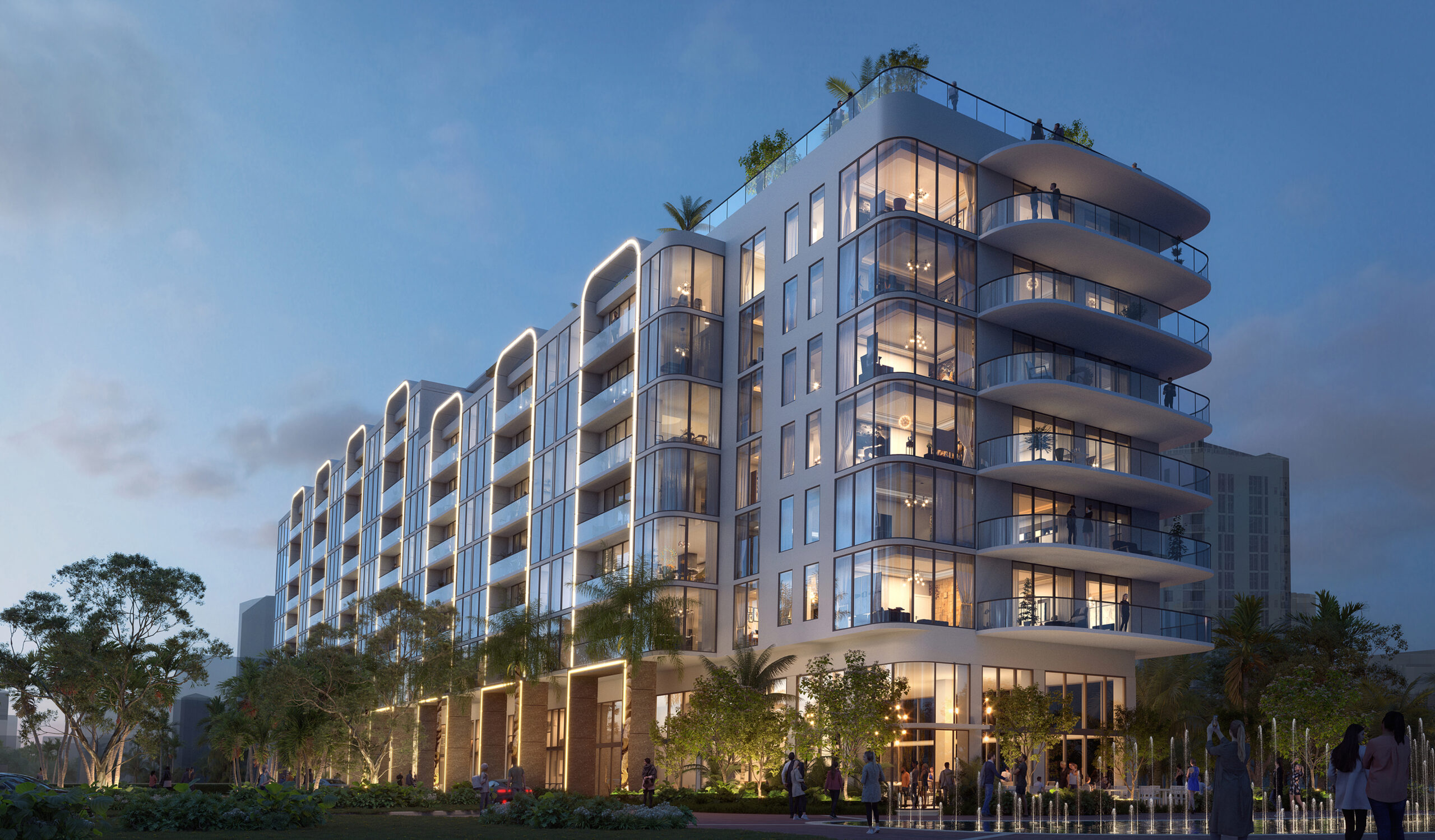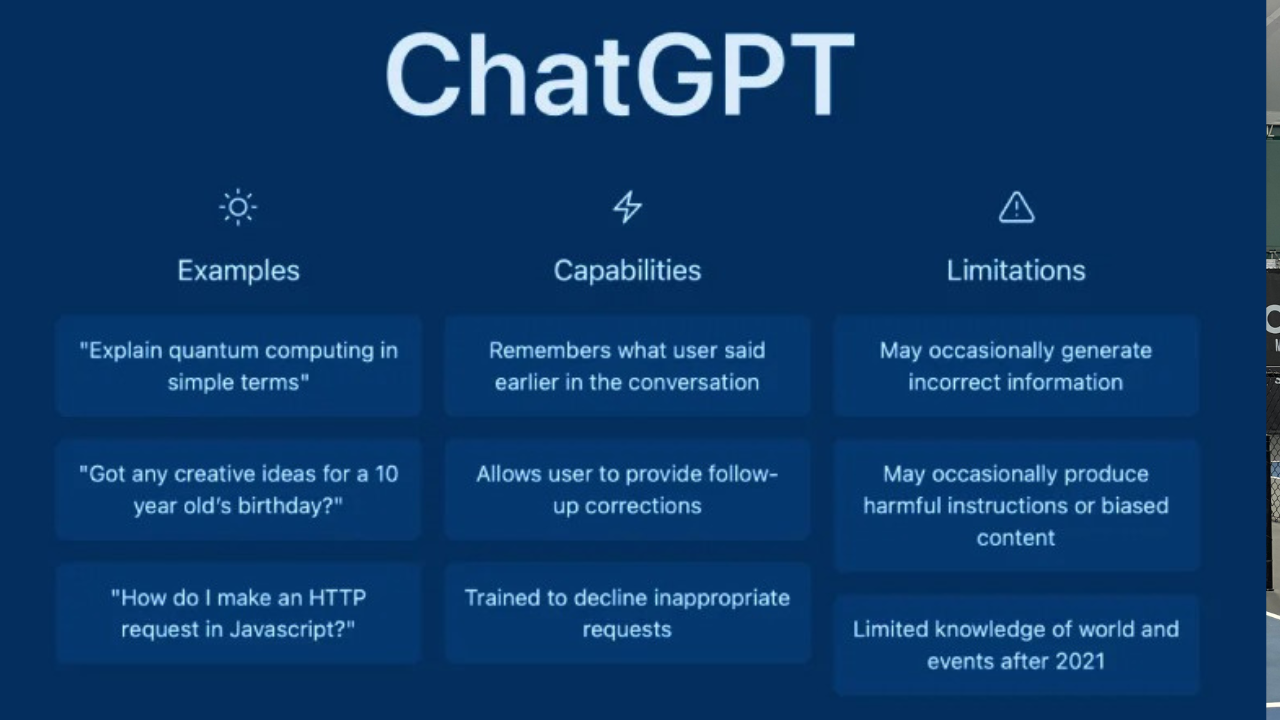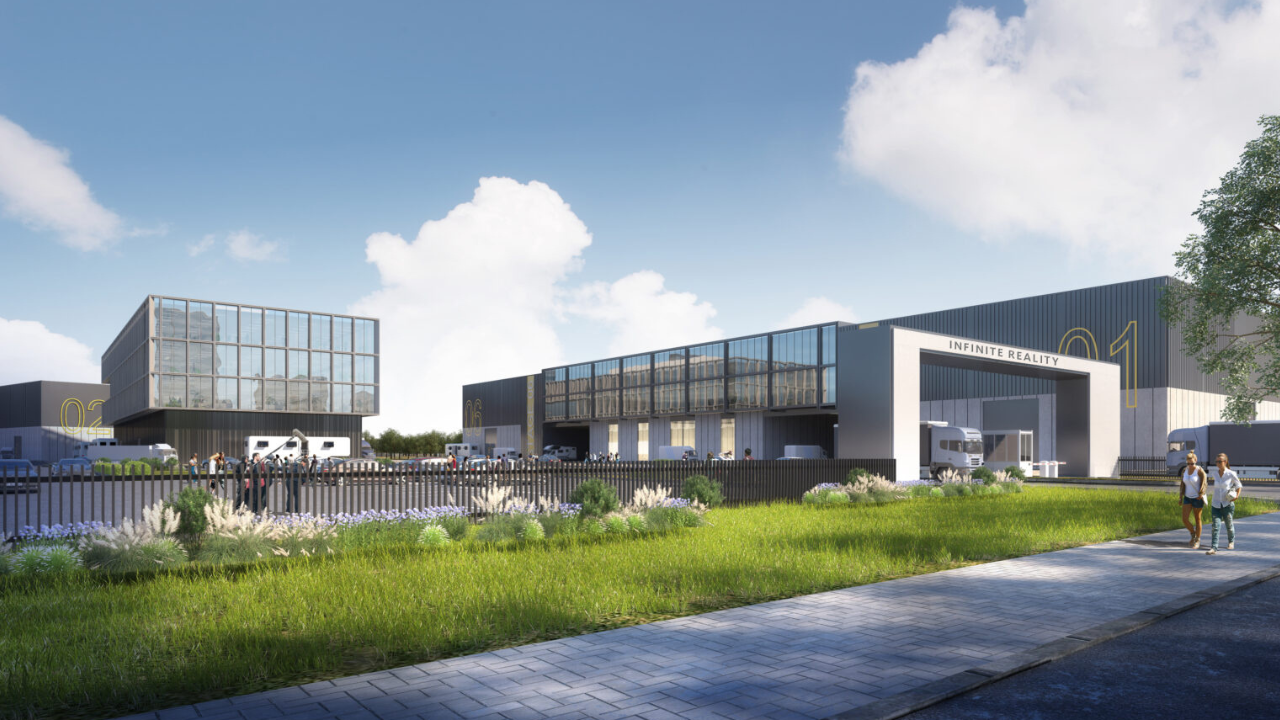Consider these statistics about companies:
” More than 50% have people working from home more than one day per week.
” 43% have employees working at client sites more than a day per week.
” 40% have employees working while traveling.
” 32% of companies” employees work from coffee shops and other public places.
Why are so many companies enabling these alternative work styles? Whether it’s a formal company program or an informal management practice, the trend is rapidly growing and much broader than the telecommuting initiatives of the past. The drivers for this trend include talent acquisition and retention, increased productivity and continuity, 24/7 business demands, plus the opportunity to save on real estate costs.
The barriers to adoption of these new work styles are also rapidly decreasing. The applications and documents that employees need to use for their jobs are readily available with tools like remote virtual desktops, low cost web collaboration with video conferencing or secure mobile work apps running on an iPad.
Citrix Systems has long been an advocate of alternative work environments and a beneficiary of the latest trends in mobile and flexible work styles. It has adopted its own alternative work environment for a number of existing spaces in its Fort Lauderdale headquarters building, as well as defined standards for new facilities.
The fourth floor at 851 W. Cypress Creek Rd. started as an experiment and has now become a showcase for customers visiting the Executive Briefing Center. The open layout includes a shared space with sitting or standing workstations, privacy rooms for personal conversations and conference calls, conference rooms and the obligatory tech company pool table.
This new space is much more than an expensive showcase, however. It turns out that most employees have rated the space as a productivity booster and collaboration accelerator.
Even though many of the employees have the option to work from home, the majority of them now spend more days in the office. Perhaps more quantifiably, the actual real estate costs per employee has drastically reduced.
In terms of return on investment, the retrofit for this space was $1.6 million and the annual cost savings has been $1.8 million.
The implications of alternative workplaces are significant for businesses as well as commercial real estate operations in South Florida or anywhere in the world. If you run a business that is planning to grow, you may want to consider the workplace of the future. ?
Chris Fleck is on the board of the South Florida Technology Alliance and vice president of mobility systems and alliances for Citrix Systems (NASDAQ: CTXS), a Fort Lauderdale company that provides secure remote access to data and applications.



